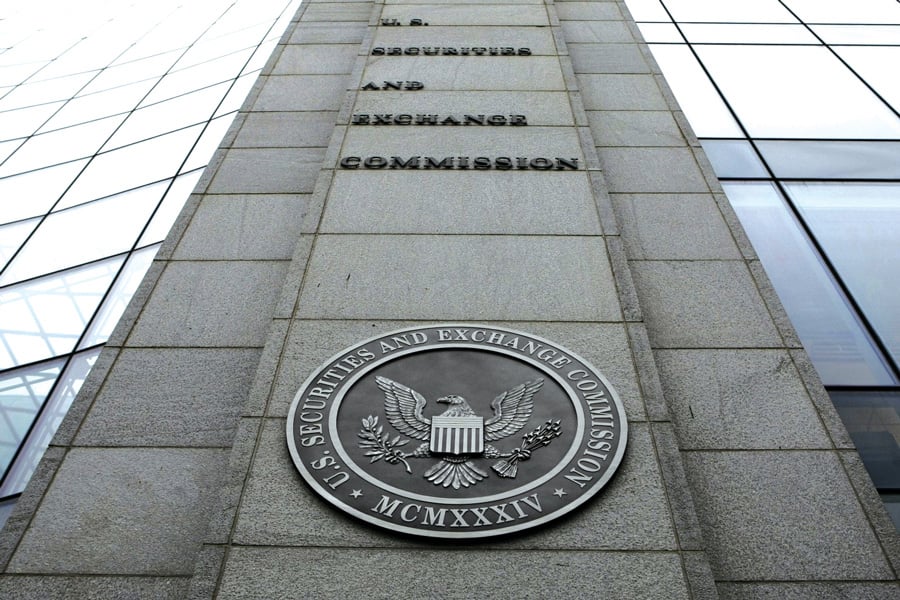

Sigma Financial Corp., a large independent broker with close to 600 reps and advisers, is facing four arbitration claims seeking alleged damages of about $4.5 million, according to the firm's most recent audited financial statement, called a Focus Report, that it filed with the Securities and Exchange Commission.
It's not clear what the allegations are in the customer claims, or the nature of the claims. However, million-dollar legal claims by clients can prove onerous for independent broker-dealers like Sigma Financial that usually run on extremely tight margins.
Sigma Financial's CEO, Jerry Rydell, did not return calls on Thursday to comment.
According to the InvestmentNews' database of broker-dealers, Sigma Financial reported $124.3 million in total revenue in 2019, the most recent year available. The $4.5 million in potential damages is roughly 3% of that year's total sales.
Of course, damages cited in arbitration claims are only potential figures, and investors suing a firm for $1 million could receive an arbitration award of far less, or have the claim denied entirely and get nothing.
Sigma Financial has socked away almost $652,000 in preparation for the claims, according to the Focus Report, which the firm filed in March but only became available on the SEC website this month. Sigma "has recorded a loss contingency of $651,834 in accounts payable and other liabilities for potential losses, costs associated with the defense of these customer claims, and a pending settlement," according to the filing.
Two years ago, Sigma Planning Corp., the RIA arm of the Ann Arbor, Michigan-based broker-dealer, reached a settlement with the Securities and Exchange Commission in which the firm agreed to pay $2.5 million in fines and restitution to clients after it faced charges that it chose mutual funds for clients that provided the firm with financial benefits without disclosing its conflicts to clients.

Elsewhere in Utah, Raymond James also welcomed another experienced advisor from D.A. Davidson.

A federal appeals court says UBS can’t force arbitration in a trustee lawsuit over alleged fiduciary breaches involving millions in charitable assets.

NorthRock Partners' second deal of 2025 expands its Bay Area presence with a planning practice for tech professionals, entrepreneurs, and business owners.

Rather than big projects and ambitious revamps, a few small but consequential tweaks could make all the difference while still leaving time for well-deserved days off.

Hadley, whose time at Goldman included working with newly appointed CEO Larry Restieri, will lead the firm's efforts at advisor engagement, growth initiatives, and practice management support.
Orion's Tom Wilson on delivering coordinated, high-touch service in a world where returns alone no longer set you apart.
Barely a decade old, registered index-linked annuities have quickly surged in popularity, thanks to their unique blend of protection and growth potential—an appealing option for investors looking to chart a steadier course through today's choppy market waters, says Myles Lambert, Brighthouse Financial.
